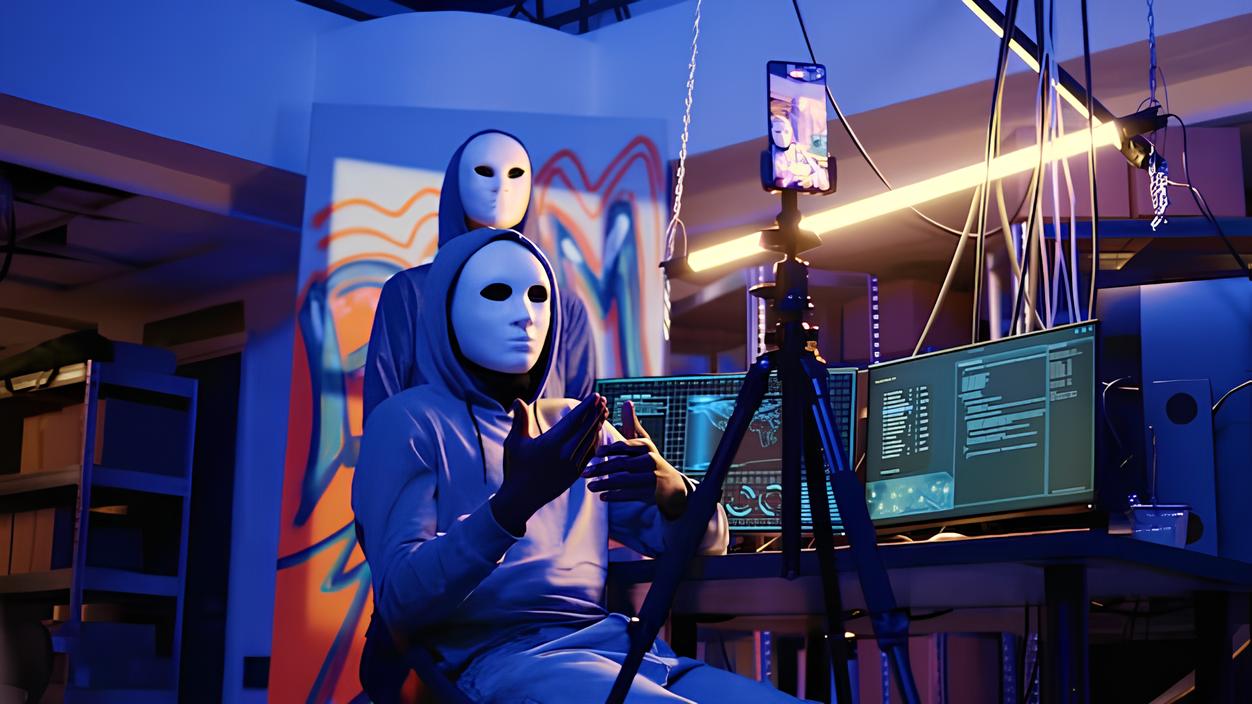Sep 20, 2024
The entertainment industry is always evolving, with new trends emerging every year. One of the latest trends shaping events today is the use of AI activations. These activations bring an innovative twist to events, making them more engaging and interactive. In this blog, we will explore how AI activations at events are transforming the entertainment industry.
What Are AI Activations?
Before we dive into the impact of AI activations, let's first understand what they are. AI activations at events involve using artificial intelligence to enhance the experience of attendees. This could be through personalized interactions, smart displays, or even AI-powered entertainment. These activations are designed to make events more engaging by offering unique experiences that would not be possible without AI technology.
For example, AI can be used to create interactive photo booths, virtual assistants, or even custom event apps. These technologies respond to individual attendees in real time, making each interaction personal and memorable. AI activations at events take the experience beyond passive observation, allowing attendees to engage actively.
The Role of AI in Event Personalization

Personalization is one of the biggest benefits of AI activations at events. With AI, event organizers can tailor experiences to individual preferences. AI can gather data from attendees and use it to offer personalized suggestions or interactions during the event.
For example, AI can recommend sessions, performances, or booths based on an attendee's interests. This makes the event more enjoyable because people are more likely to engage with activities that suit their tastes. AI activations at events help ensure that each attendee has a unique and personalized experience.
Moreover, AI-powered chatbots can provide real-time assistance, guiding attendees to different parts of the venue or answering questions. This personalized support enhances the overall event experience, ensuring that attendees feel cared for and engaged.
Enhancing Engagement with AI Activations
Another major benefit of AI activations at events is increased engagement. Events are no longer about sitting through presentations or performances; instead, they are about active participation. AI makes it easier for attendees to be part of the action.
For instance, facial recognition technology can be used to create interactive displays that respond to the audience's emotions. If someone smiles, a screen might light up with a message. If someone looks confused, a helpful tip might appear. This level of interaction ensures that attendees are not just passive viewers but active participants.
Additionally, AI activations at events like virtual or augmented reality experiences can immerse attendees in new worlds. These activations allow people to step into different environments or scenarios, making the event far more engaging and memorable.
Streamlining Event Operations with AI
AI activations at events are not just beneficial for attendees; they also help event organizers run things more smoothly. AI can handle many behind-the-scenes tasks that would otherwise require a lot of manpower.
For example, AI can automate ticketing, check-ins, and registration. With AI-powered facial recognition, attendees can quickly gain entry to an event without waiting in long lines. This makes the overall event experience more seamless and enjoyable for everyone.
AI can also analyze attendee data in real time, helping event organizers make adjustments on the fly. For instance, if a certain area of the venue becomes overcrowded, AI can suggest moving some activities or setting up additional seating. This ability to respond to changing conditions in real-time makes AI activations at events highly valuable.
Real-World Examples of AI Activations at Events

Many high-profile events have already embraced AI activations to create unforgettable experiences. For instance, some music festivals use AI-powered lighting systems that change based on the crowd's energy. When the audience is excited, the lights become brighter and more dynamic.
In another example, large tech conferences often use AI chatbots to answer attendee questions, suggest sessions, or even help with networking. These chatbots can communicate in multiple languages, making the event more accessible to international guests. This kind of AI-driven assistance is a perfect example of how AI activations at events make everything smoother and more engaging.
One notable case study comes from a major sporting event, where AI-powered cameras were used to capture unique moments from different angles. These cameras not only recorded the event but also edited and provided highlight reels to attendees in real-time. This AI activation allowed people to relive the best moments of the event, creating a lasting memory.
The Future of AI Activations at Events
Looking ahead, it is clear that AI activations at events will continue to evolve. As AI technology becomes more advanced, we can expect even more creative and interactive experiences.
One area where we are likely to see growth is in AI-powered networking. Events are often a great opportunity to meet new people, and AI can help facilitate these connections. By analyzing attendee profiles and interests, AI can suggest relevant contacts or even help set up networking sessions.
Another trend we might see is the use of AI in creating immersive experiences. Virtual reality and augmented reality will likely become more common at events, offering attendees entirely new ways to engage with the content. These AI activations at events will ensure that every attendee has a unique and personalized experience.
Conclusion
AI activations at events are revolutionizing the entertainment industry by enhancing personalization, engagement, and operational efficiency. As AI technology continues to advance, we can expect even more innovative applications at events around the world. Whether it's personalized recommendations, interactive displays, or seamless event operations, AI is making events more enjoyable for both organizers and attendees. As these technologies continue to evolve, the potential for creating truly unforgettable experiences will only grow.




